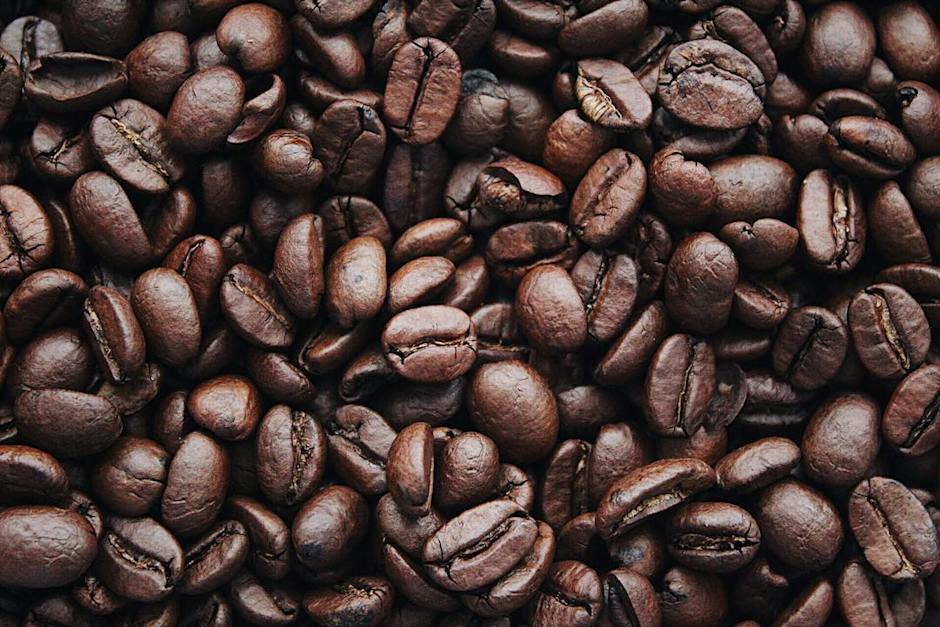Does White Tea Have Caffeine? Unveiling the Truth Behind the Delicate Brew
Are you a tea enthusiast or someone looking to switch from coffee to a less caffeinated alternative? You might have heard about white tea, a delicate and subtly flavored beverage that’s often touted for its health benefits. But does white tea have caffeine? This is a question that many health-conscious individuals ponder when choosing their daily brew. In this comprehensive guide, we’ll explore the caffeine content in white tea, compare it with other teas, and answer some of the most commonly searched questions about this elegant drink. So, steep a cup of your favorite tea and join us as we delve into the world of white tea and caffeine.
What is White Tea?
The Origins and Processing of White Tea
White tea is the least processed of all teas, known for its gentle flavor and natural sweetness. It originates from the Camellia sinensis plant, the same plant that gives us green, black, and oolong teas. The leaves and buds are picked at a young age and quickly dried, which prevents excessive oxidation and preserves the delicate flavors.
The Unique Characteristics of White Tea
Unlike other teas, white tea is characterized by its minimal processing and its fine silvery-white hairs on the unopened buds – hence the name “white” tea. This minimal processing results in a light-colored brew with a mild flavor profile that is appreciated by tea connoisseurs around the world.
Caffeine Content in White Tea
How Much Caffeine Does White Tea Contain?
When it comes to caffeine, white tea does contain this stimulant, but the levels are generally lower than in black or green teas. On average, an 8-ounce cup of white tea contains about 15-30 milligrams of caffeine, compared to 40-70 milligrams in green tea and 50-90 milligrams in black tea.
Factors Affecting Caffeine Levels in White Tea
The caffeine content in white tea can vary based on several factors, including the type of white tea, the growing conditions, and the brewing time and temperature. For instance, the popular Silver Needle variety, made exclusively from young tea buds, tends to have a higher caffeine content than Bai Mudan, which includes both leaves and buds.
Comparing White Tea with Other Teas and Coffee
White Tea vs. Green Tea: Caffeine Comparison
Green tea is often lauded for its antioxidant properties and moderate caffeine levels. However, white tea typically has less caffeine than green tea, making it an excellent choice for those looking to reduce their caffeine intake without giving up tea entirely.
White Tea vs. Coffee: A Caffeine Showdown
For coffee drinkers, the difference in caffeine content is even more pronounced. A standard cup of coffee can contain 95-200 milligrams of caffeine, significantly more than a cup of white tea. This makes white tea an attractive option for those seeking a milder, less stimulating beverage.
Health Benefits and Considerations of White Tea
The Advantages of Low-Caffeine Tea
White tea’s lower caffeine content means it’s less likely to cause jitters or interfere with sleep for those sensitive to caffeine. Additionally, white tea is rich in antioxidants, which can help protect against free radical damage and may contribute to overall health.
When to Be Cautious with White Tea
Despite its health benefits, it’s important to consume white tea in moderation, especially for individuals with caffeine sensitivities or those advised to limit caffeine due to health conditions.
How to Brew White Tea for Optimal Flavor and Caffeine Control
The Perfect Brewing Temperature and Time
To enjoy white tea at its best and manage its caffeine content, use water that is just below boiling (around 160-185°F) and steep for 4-5 minutes. Oversteeping can lead to a bitter taste and increased caffeine extraction.
Tips for Enjoying White Tea
For a truly delightful experience, drink white tea without any additives to appreciate its subtle flavors. If you prefer a stronger taste or a slightly higher caffeine kick, you can experiment with longer steeping times.
Commonly Asked Questions About White Tea and Caffeine
-
Is white tea good for you?
Yes, white tea is considered beneficial due to its high antioxidant content and lower caffeine levels compared to other caffeinated beverages. -
Can white tea help you sleep?
While white tea does contain caffeine, its lower levels may make it less likely to disrupt sleep compared to stronger teas or coffee, especially if consumed earlier in the day. -
Does white tea have more caffeine than green tea?
Generally, white tea has less caffeine than green tea, although this can vary depending on specific types and brewing methods.
Conclusion: Embracing the Subtlety of White Tea
In summary, white tea does contain caffeine, but in smaller amounts than most other teas and certainly less than coffee. This makes it an excellent choice for those seeking a gentle lift without the strong buzz. With its delicate flavor, health benefits, and lower caffeine content, white tea is a superb addition to any daily routine. Whether you’re a seasoned tea drinker or new to the world of teas, white tea offers a unique experience that’s both soothing and invigorating. So next time you’re contemplating a warm beverage, consider the subtle elegance of white tea – your body and taste buds may thank you.


